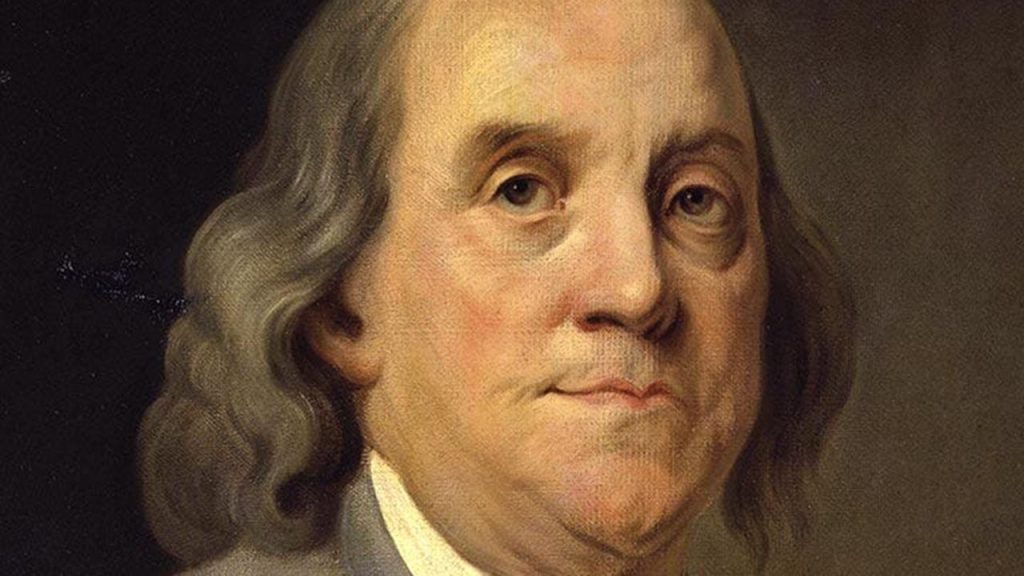On June 10, 1752, Benjamin Franklin flew a kite during a thunderstorm as he conducted experiments to collect ambient electrical charge in a Leyden jar. This was part of his exploration of electricity, a subject he had been interested in since the mid-1740s. Franklin coined terms such as battery, conductor, and electrician in the field of electricity, and he is also known for inventing the lightning rod. Although Franklin did not discover electricity during this experiment, he demonstrated the connection between lightning and electricity.
Born on June 9, 1891, celebrated composer Cole Porter was born in Indiana. On a June afternoon in 1752, Franklin conducted his kite experiment in Philadelphia with the help of his son, William. Despite the misconception that Franklin discovered electricity, he demonstrated the connection between lightning and electricity. Franklin continued his work with electricity after the experiment and perfected his invention of the lightning rod, receiving recognition for his experiments and observations on electricity.
Benjamin Franklin, born on January 17, 1706 in Boston, Massachusetts, was the son of candle and soap makers. Despite his limited formal education, Franklin began working as an apprentice to his brother, a printer, around age 10. Known for his proverb “Early to bed, early to rise, makes a man healthy, wealthy and wise,” Franklin moved to Philadelphia in 1723 after a dispute with his brother. In Philadelphia, he achieved business success by publishing newspapers and almanacs advocating hard work and honesty.
Between 1757 and 1775, Benjamin Franklin lived in London at 36 Craven Street, where he was much more than a politician as chief colonial diplomat. He was a renowned scientist, philosopher, and friend of leading intellectuals of the day. Franklin first visited London as a printer in the mid-1720s and returned in 1757 as the most famous American in the world. His time in London not only involved political duties but also focused on his scientific achievements and connections with intellectuals.
Despite his scientific achievements, Benjamin Franklin also had a significant impact as a statesman for four decades. He served as a legislator in Pennsylvania and as a diplomat in England and France. Franklin is the only politician to have signed all four fundamental documents that created the United States: the Declaration of Independence, the Treaty of Alliance with France, the Treaty of Paris establishing peace with Great Britain, and the U.S. Constitution. Franklin passed away at the age of 84 on April 17, 1790, in Philadelphia, Pennsylvania.
Overall, Benjamin Franklin’s contributions to electricity, science, politics, and diplomacy have had a lasting impact on American history and the world. His pioneering experiments with electricity, invention of the lightning rod, and diplomatic work played crucial roles in shaping the United States. Franklin’s legacy as a founding father, inventor, and thinker continues to be celebrated and studied to this day.













